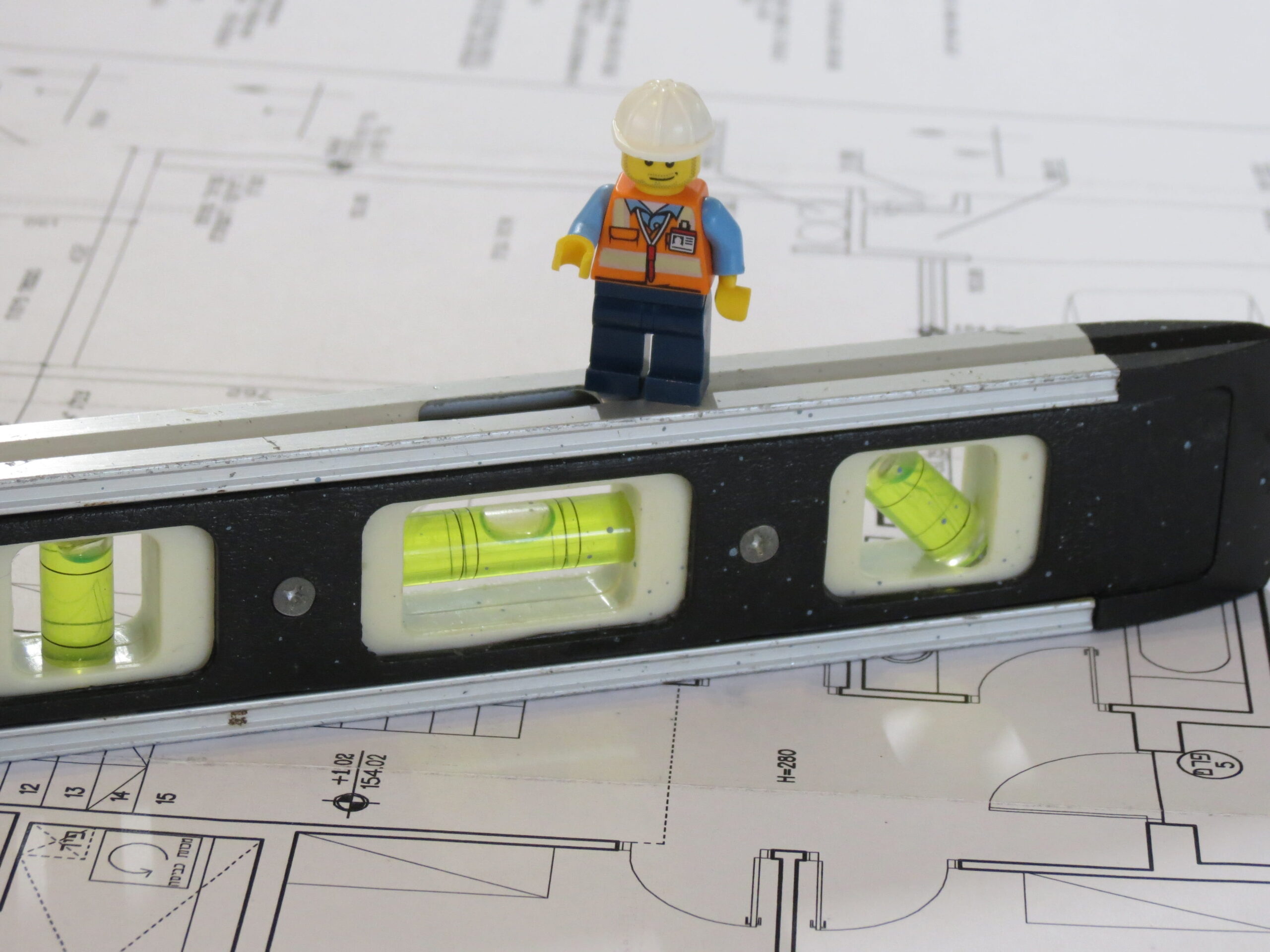Building commissioning is the process of verifying that a building’s systems and equipment are designed, installed, and perform to the owner’s project requirements. It is a crucial step in ensuring that a building operates efficiently and effectively, and it is becoming increasingly important as the demand for energy-efficient and sustainable buildings grows.
As the focus on sustainability and energy efficiency continues to increase, it is likely that building commissioning will become even more important in the future. One trend that is already starting to emerge is the use of data analytics and machine learning to optimize building performance. By using data from sensors and other building systems, building owners and operators can identify inefficiencies and take action to improve performance.
In addition to using data analytics, the use of virtual and augmented reality (VR and AR) is also likely to become more widespread in building commissioning. VR and AR technologies can be used to visualize and test building systems before construction is completed, helping to identify potential issues and improve overall performance.
Another trend that is expected to shape the future of building commissioning is the increasing use of smart building technologies. These technologies, such as smart thermostats and occupancy sensors, can help optimize building performance and reduce energy consumption. Building commissioning professionals will need to be familiar with these technologies in order to effectively incorporate them into their commissioning processes.
Overall, the future of building commissioning looks bright as the demand for sustainable and energy-efficient buildings continues to grow. By leveraging data analytics, VR and AR technologies, and smart building technologies, building commissioning professionals can help ensure that buildings are designed and operated in the most efficient and effective way possible.

Leave a Reply